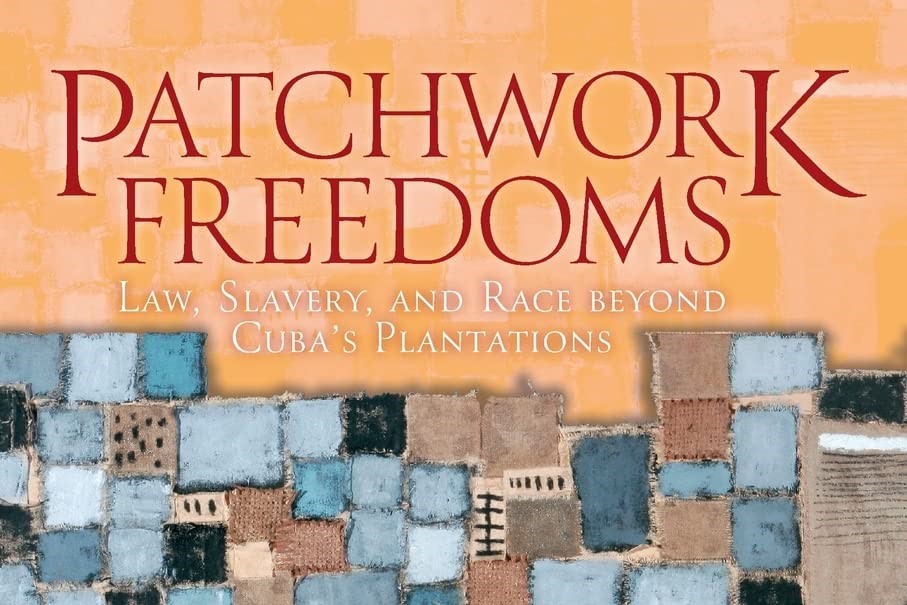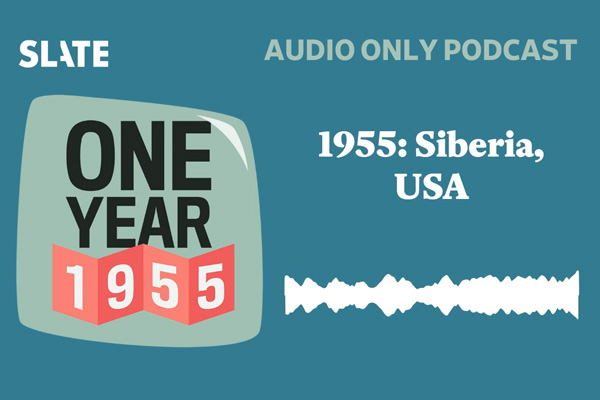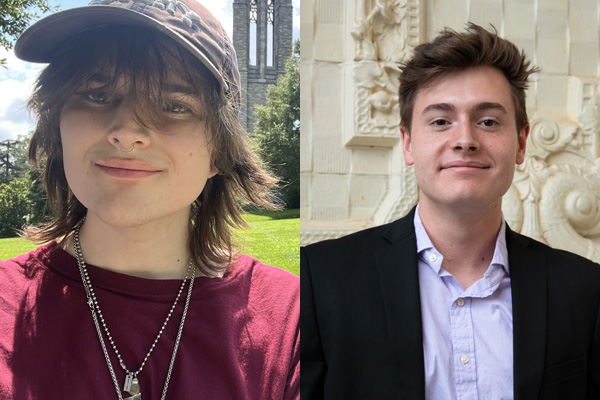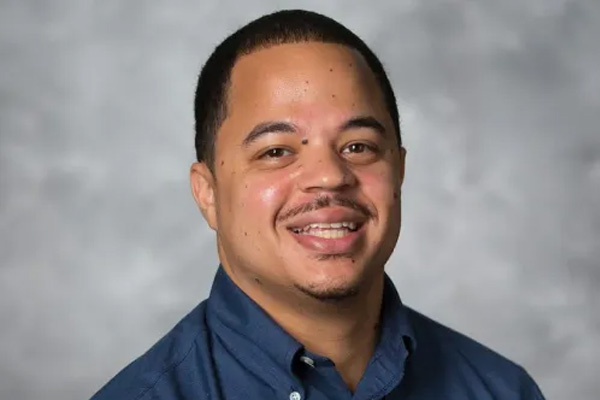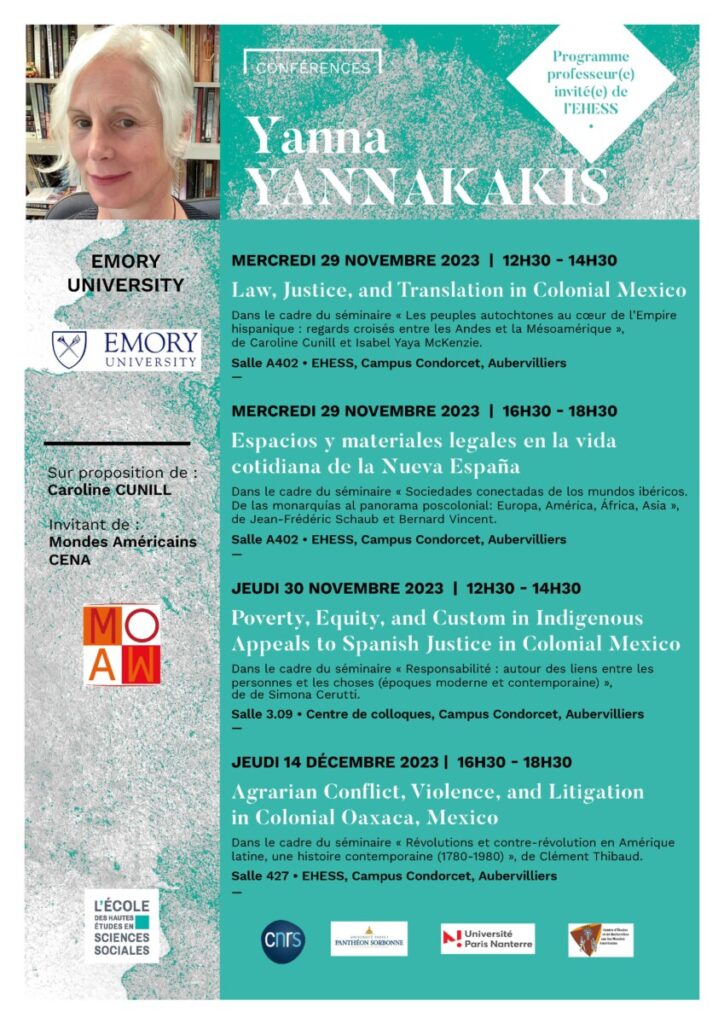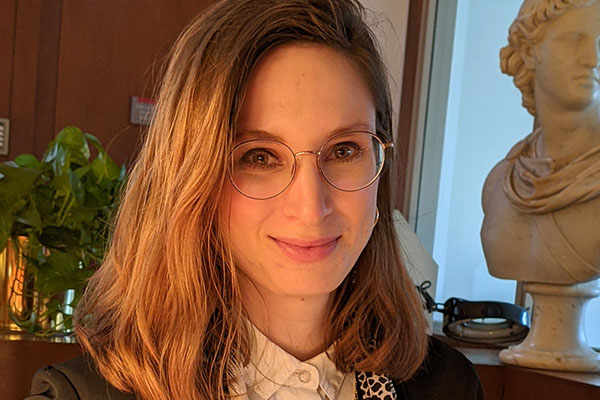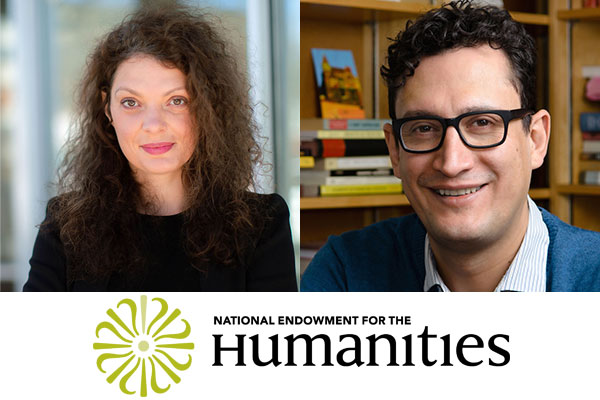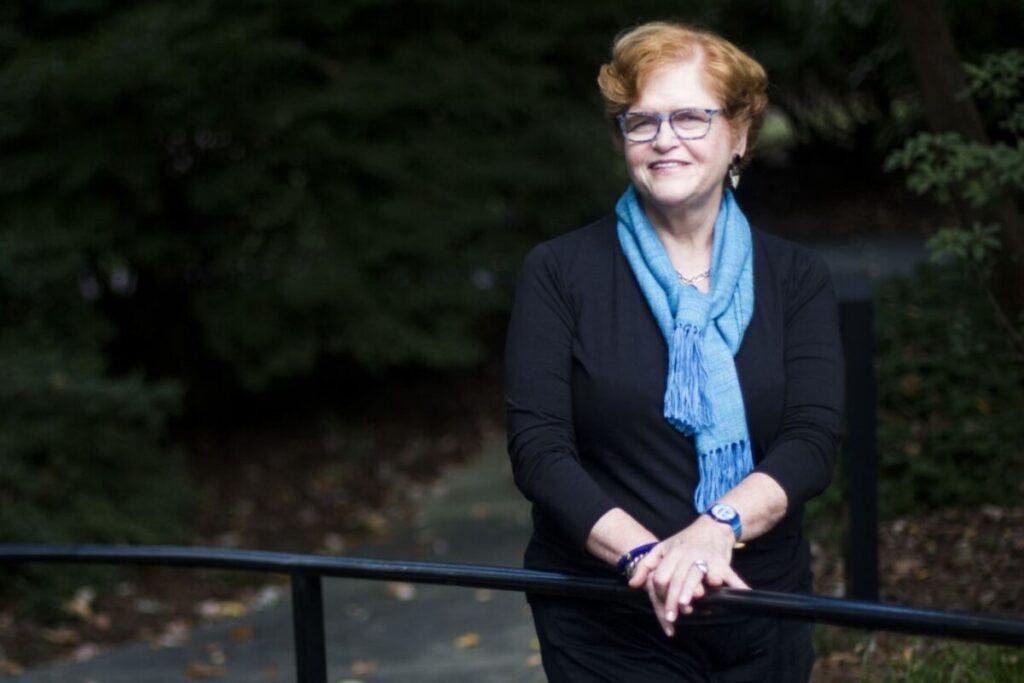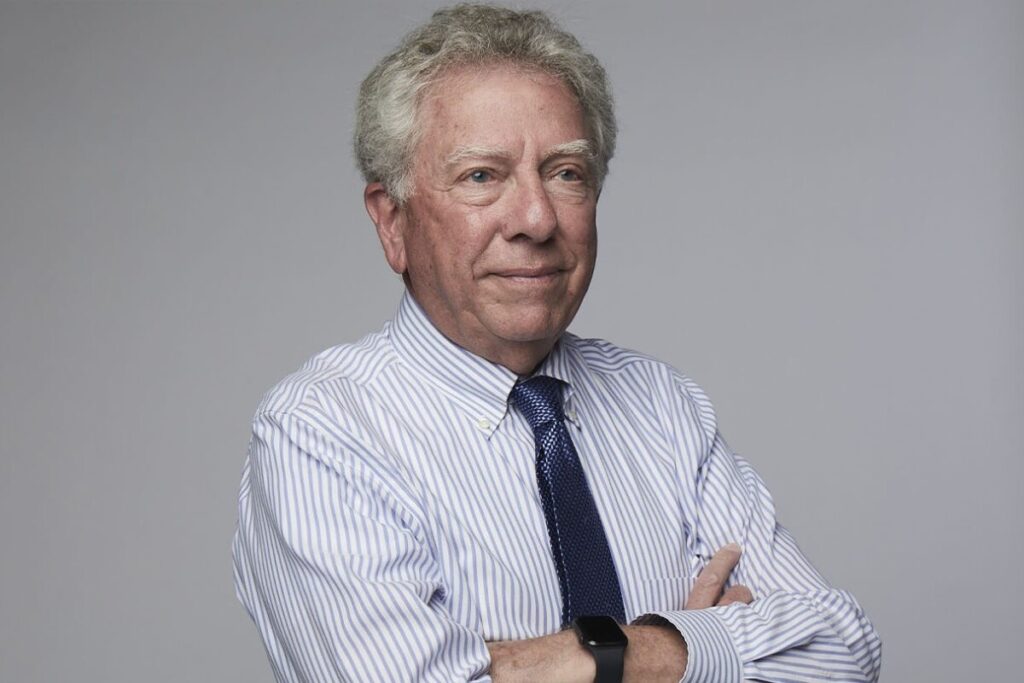
Professor Hank Klibanoff, Director of the Georgia Civil Rights Cold Cases Project and Associated Faculty in the History Department, recently contributed to the identification of two of the at least nine unknown Black victims of the 1906 Atlanta Race Massacre. The two victims, Stinson Ferguson, 25, and 13-year-old Marshall Carter, were among 25 Black Atlantans killed by a massive white mob in one of Georgia’s bloodiest, yet least remembered, outbursts of collective racial violence. The revelation coincided with the 117th anniversary of the massacre. Klibanoff and staff from the Georgia Civil Rights Cold Cases Project worked alongside the National Center for Civil and Human Rights and the Afro-American Historical and Genealogical Society on the effort to identify the unknown victims. Read more about this project here:
- “The 1906 Atlanta Race Massacre and the Truth of History,” National Center for Civil and Human Rights
- “Two victims in 1906 Atlanta Race Massacre identified, nearly 120 years later,” WSB-TV
- “New victims identified in 1906 Atlanta Race Massacre,” Axios Atlanta
